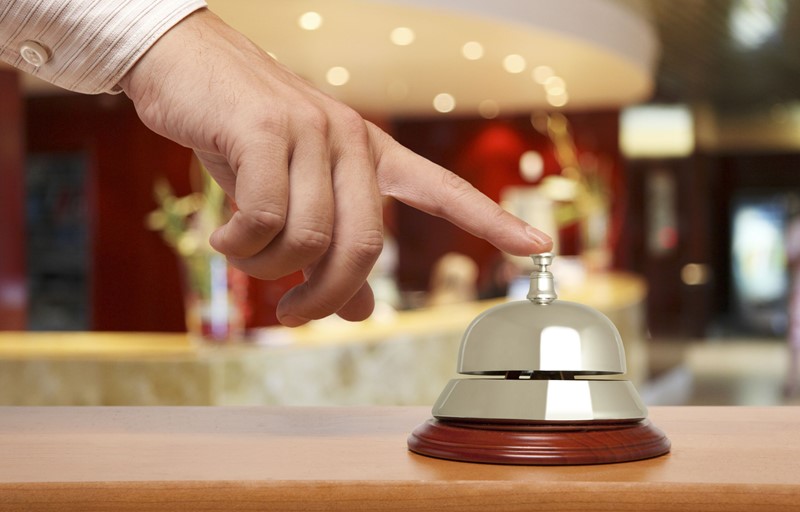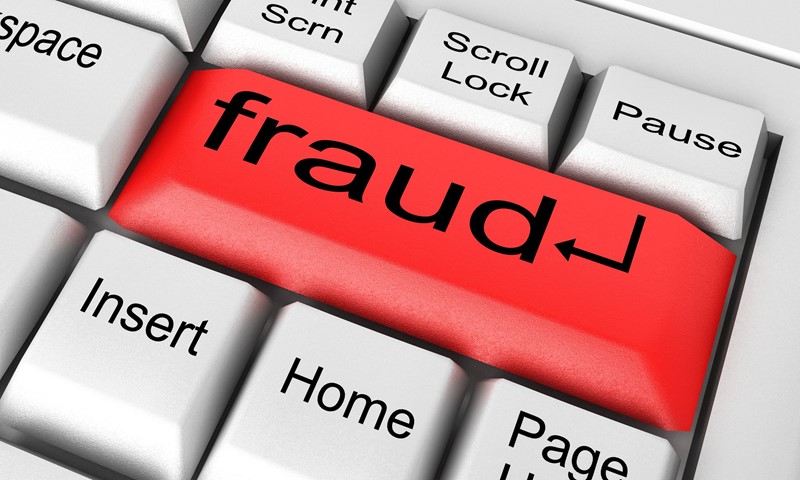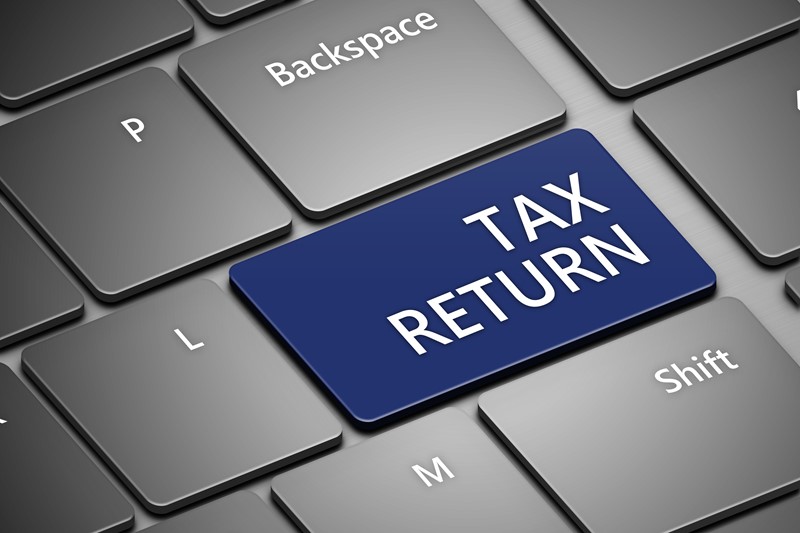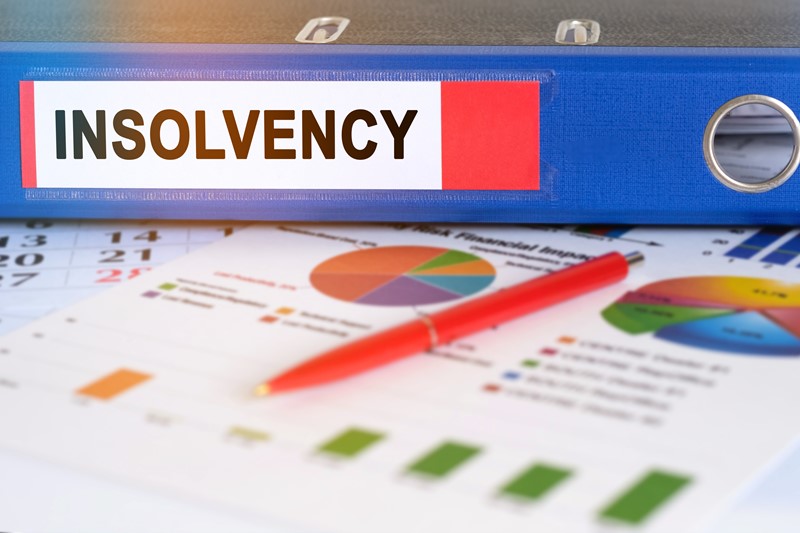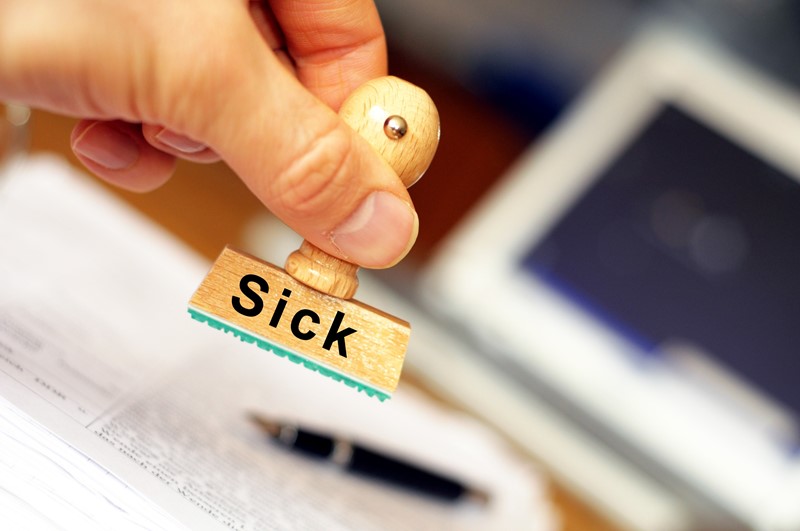Just before the Christmas break, the Chancellor announced a new support package for some businesses most affected by the Omicron variant.
The biggest single measure was the re-introduction of one-off grants of up to £6,000 for businesses in the hospitality and leisure sectors many of whom have seen their seasonal trade hugely impacted by this latest COVID-19 variant. It is thought that some 200,000 businesses will be eligible for these new grants. On 7 January 2022, the government delivered funding to councils across England to provide these one-off grants.
This means that firms in the hospitality, leisure and accommodation sectors, many of whom have seen a decline in footfall and increased cancellations due to the Omicron variant, will be able to apply for one-off grants of up to £6,000 per premises depending on rateable value:
- businesses with a rateable value of £51,000 or above: £6,000
- businesses with a rateable value between £15,000 and £51,000: £4,000
- businesses with a rateable value of £15,000 or below: £2,667
The government will also provide for a £102 million top-up for discretionary funding to help local authorities support other businesses outside the hospitality and leisure sectors.
The devolved administrations in Scotland, Wales and Northern Ireland will receive an additional £150m through the Barnett formula to help offer similar measures. This will be allocated with around £80 million going to the Scottish Government, £50 million to the Welsh Government and £25 million to the Northern Ireland Executive.

